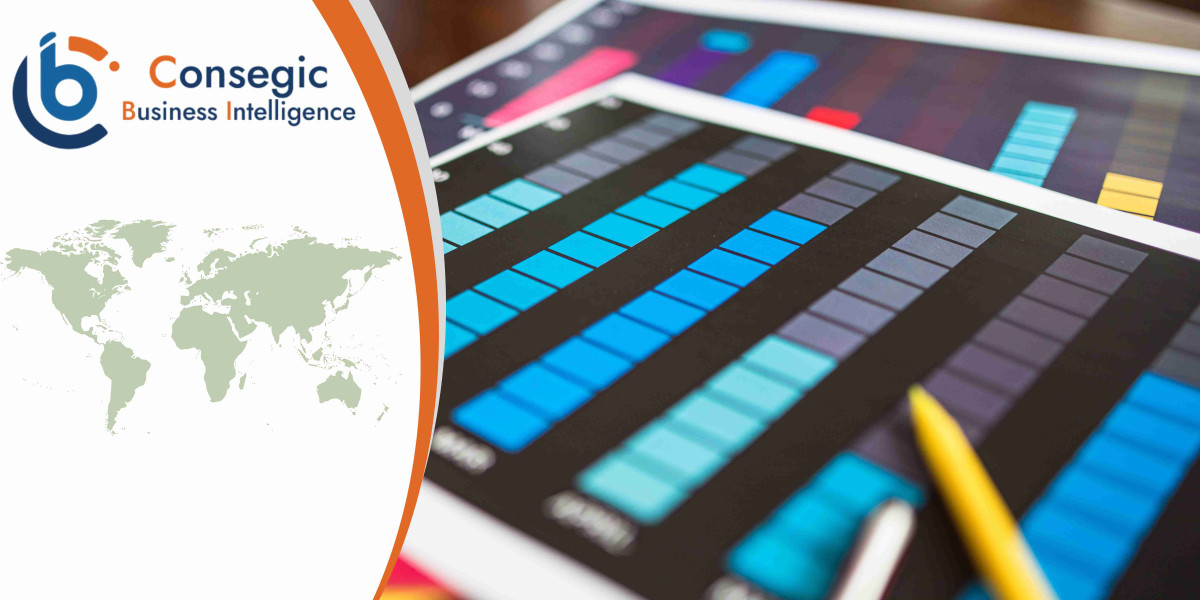According to the new market research report "Residential Air Purifiers Market by Technology (High Efficiency Particulate Air (HEPA), Electrostatic Precipitators, Activated Carbon, Ultraviolet), Type (Portable Air Purifiers, In-duct Air Purifiers), COVID-19 Impact - Global Forecast to 2026", The global residential air purifiers market is expected to reach USD 14.1 billion in 2026 from USD 9.6 billion in 2021, at a CAGR of 8.1%.
Browse in-depth TOC on "Residential Air Purifiers Market"
95 - Tables
42 - Figures
189 - Pages
Download PDF Brochure: https://www.marketsandmarkets.com/pdfdownloadNew.asp?id=40172748
Scope of the Report:
| Report Coverage | Details |
| Market Size | USD 14.1 billion by 2026 |
| CAGR | 8.1% |
| Historical Data | 2019-2026 |
| Base Year | 2020 |
| Forecast Period | 2021-2026 |
| Forecast Units | Value (USD Billion) |
| Report Coverage | Revenue Forecast, Competitive Landscape, Growth Factors, and Trends |
| Segments Covered | By Technology and By Type |
| Geographies Covered | North America, Europe, Asia Pacific, Latin America, and the Middle East & Africa |
| Key Companies Profiled/Vendors | Daikin Industries, Ltd. (Japan), Sharp Corporation (Japan), Honeywell International Inc. (US), Samsung Electronics Co., Ltd. (South Korea), LG Electronics Inc. (South Korea), Koninklijke Philips N.V. (Netherlands), Dyson (UK), Unilever Group (UK), Panasonic Corporation (Japan), Whirlpool Corporation (US), AllerAir Industries Inc. (US), IQAir (Switzerland), Winix Co., Ltd. (South Korea), Xiaomi Corporation (China), Camfil AB (Sweden), Airpura Industries Inc. (Canada), Airgle Corporation (US), Hunter Pure Air (US), Kent RO Systems Ltd. (India), SHIL Limited (India), IDEAL Krug & Priester GMBH & Co. KG (Germany), Havells India Ltd. (India), Molekule (US), Carrier Global (US), and Coway CO., Ltd. (South Korea). |
| Key Market Opportunities | Rising technological advancements |
| Key Market Drivers | Supportive government regulations for effective air pollution monitoring & control |
The growth of this market is majorly driven by the growing popularity of smart homes, supportive government regulations for effective air pollution monitoring and control, increasing public-private funding for effective air pollution monitoring, rising levels of air pollution worldwide, and increasing public awareness related to the healthcare and environmental implications of air pollution. However, the technical limitations pertaining to air quality monitoring products, along with their initial installation cost are expected to restrain the growth of this market during the forecast period.
Request Sample Pages: https://www.marketsandmarkets.com/requestsampleNew.asp?id=40172748
Based on technology, the residential air purifiers market is segmented into HEPA filters (high-efficiency particulate air) and other technologies. The other technologies segment comprises electrostatic precipitators, activated carbon, UV filters, and ionic filters. The HEPA segment accounted for the largest market share in 2020. The growing concern for environmental sustainability, increasing public awareness pertaining to the healthcare implications of air pollution, and the growing popularity of smart homes/ambient-assisted living has resulted in the increased adoption of the HEPA technology in the residential air purifiers market
Based on type, the residential air purifiers market is segmented into portable/stand-alone purifiers and in-duct purifiers. In 2020, the portable/stand-alone purifiers segment accounted for the largest share of the residential air purifiers market. The large share of this segment is due to the need to remove sources of pollutants or allergens from indoor air, growing popularity of smart homes/ambient-assisted living, and increasing public awareness pertaining to the healthcare implications of air pollution. Furthermore, their installation is cost-effective as compared to the in-duct systems.
Speak to Analyst: https://www.marketsandmarkets.com/speaktoanalystNew.asp?id=40172748
Geographical Growth Scenario:
In 2020, Asia Pacific accounted for the largest share of the residential air purifiers market, followed by North America, Europe, Latin America, and the Middle East & Africa. The large share of this region can be attributed to the fast adoption of advanced indoor air quality monitoring technologies, ongoing technological advancements in the field of particulate sensors, rising public-private funding and investments, and the presence of supportive government regulations, are increasing the adoption of residential air purifiers in the Asia Pacific. Moreover, a number of major global players are based in Japan, owing to which Japan is a center for innovation in the residential air purifiers market.
Key Players:
The global residential air purifiers market is fragmented and highly competitive. Some of the major players governing the overall residential air purifiers market include Daikin Industries, Ltd. (Japan), Sharp Corporation (Japan), Honeywell International Inc. (US), Samsung Electronics Co., Ltd. (South Korea), LG Electronics Inc. (South Korea), Koninklijke Philips N.V. (Netherlands), Dyson (UK), Unilever Group (UK), Panasonic Corporation (Japan), Whirlpool Corporation (US), AllerAir Industries Inc. (US), IQAir (Switzerland), Winix Co., Ltd. (South Korea), Xiaomi Corporation (China), Camfil AB (Sweden), Airpura Industries Inc. (Canada), Airgle Corporation (US), Hunter Pure Air (US), Kent RO Systems Ltd. (India), SHIL Limited (India). However, in the last few years, a number of smaller players have emerged from niche markets and are competing with global players based on price and technological innovation.















